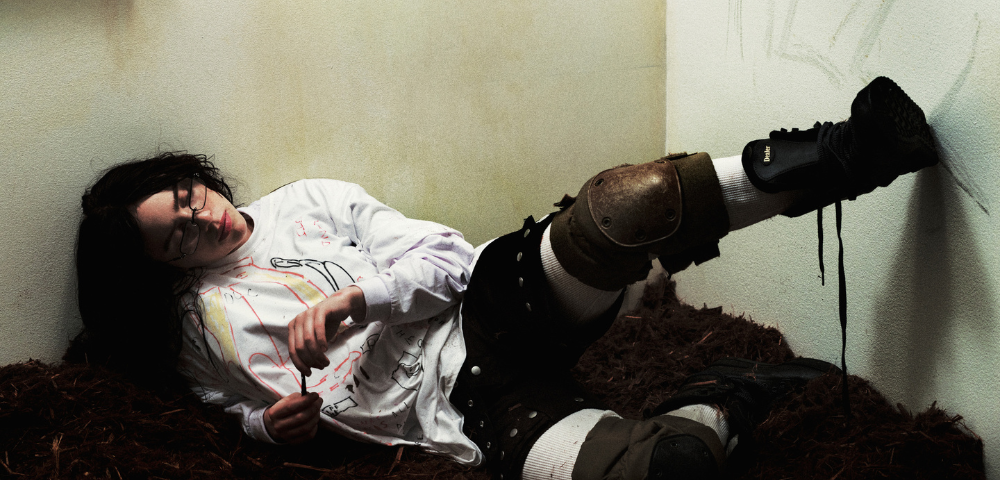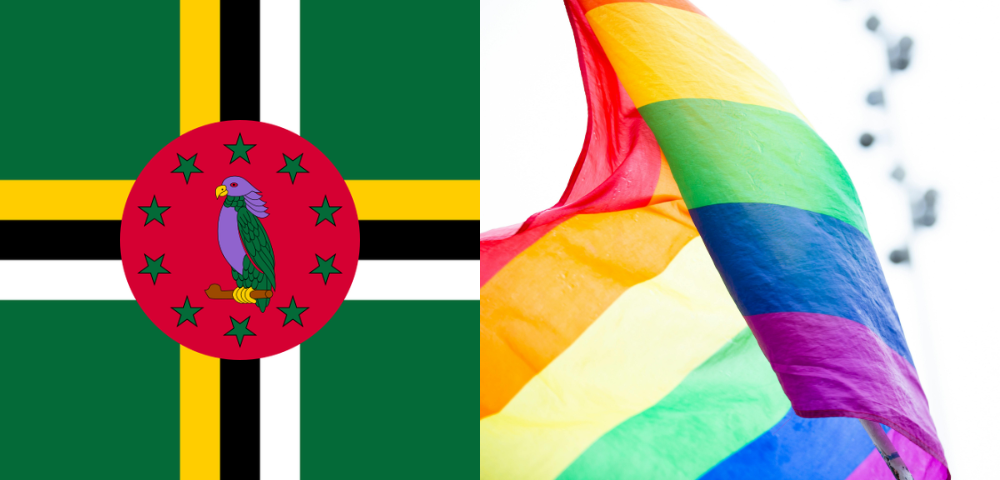
Russian anti-gay law condemned internationally

 Russia’s lower house unanimously passed a law banning the promotion of homosexual “propaganda” last week, provoking international outrage.
Russia’s lower house unanimously passed a law banning the promotion of homosexual “propaganda” last week, provoking international outrage.
Under the new law, the government would be allowed to jail and deport foreigners seen to violate it, and to impose hefty fines on anyone who discusses homosexuality with a minor. Some analysts say this would effectively ban parents from telling their children homosexuality is equal to heterosexuality, or even that it exists.
Numerous international human rights groups have criticised the law, with Amnesty International calling it “a sorry attempt by the government to bolster its popularity by pandering to the most reactionary elements of Russian society”.
International reaction to the law has also focused on the upcoming 2014 Winter Olympics to be held next year in the Russian city of Sochi, with New York-based Russian organisation RUSA LGBT calling for a boycott of the games.
The group has criticised a response to the law by the International Olympic Committee (IOC), who simply reiterated their commitment to non-discrimination against Olympic athletes.
This criticism follows a similar statement by the IOC last year after the Russian government banned a proposed ‘Pride House’ for LGBTI athletes at the games, calling it a threat to “territorial integrity”.
Already adopted by a number of Russia’s administrative regions, the new legislation is expected to pass the upper house unopposed and be signed into federal law by President Vladimir Putin.
People protesting the law outside the State Duma during the vote were arrested by riot police after being attacked by hundreds of Christian activists and members of pro-Kremlin youth groups, who are notorious for violence against anti-Putin protesters.
Criticism of the law from within Russia has also come from leader of the Civic Platform political party and 2012 Russian presidential candidate Mikhail Prokhorov.
“I think we are breaching the international convention of human rights and freedoms we have signed,” he told a Russian television program.
On the same day the law passed, the lower house approved another law allowing jail sentences of up to three years for “offending religious feelings”, legislation prompted by activist punk band Pussy Riot’s 2012 protest performance in a Moscow cathedral.
Russia has experienced a wave of anti-gay sentiment in recent years, including routine police brutality at gay pride events and Moscow banning gay pride parades for the next 100 years.
These events have been seen as part of an attempt by the Kremlin to silence anti-government protest by promoting a return to “traditional” Russian values.









